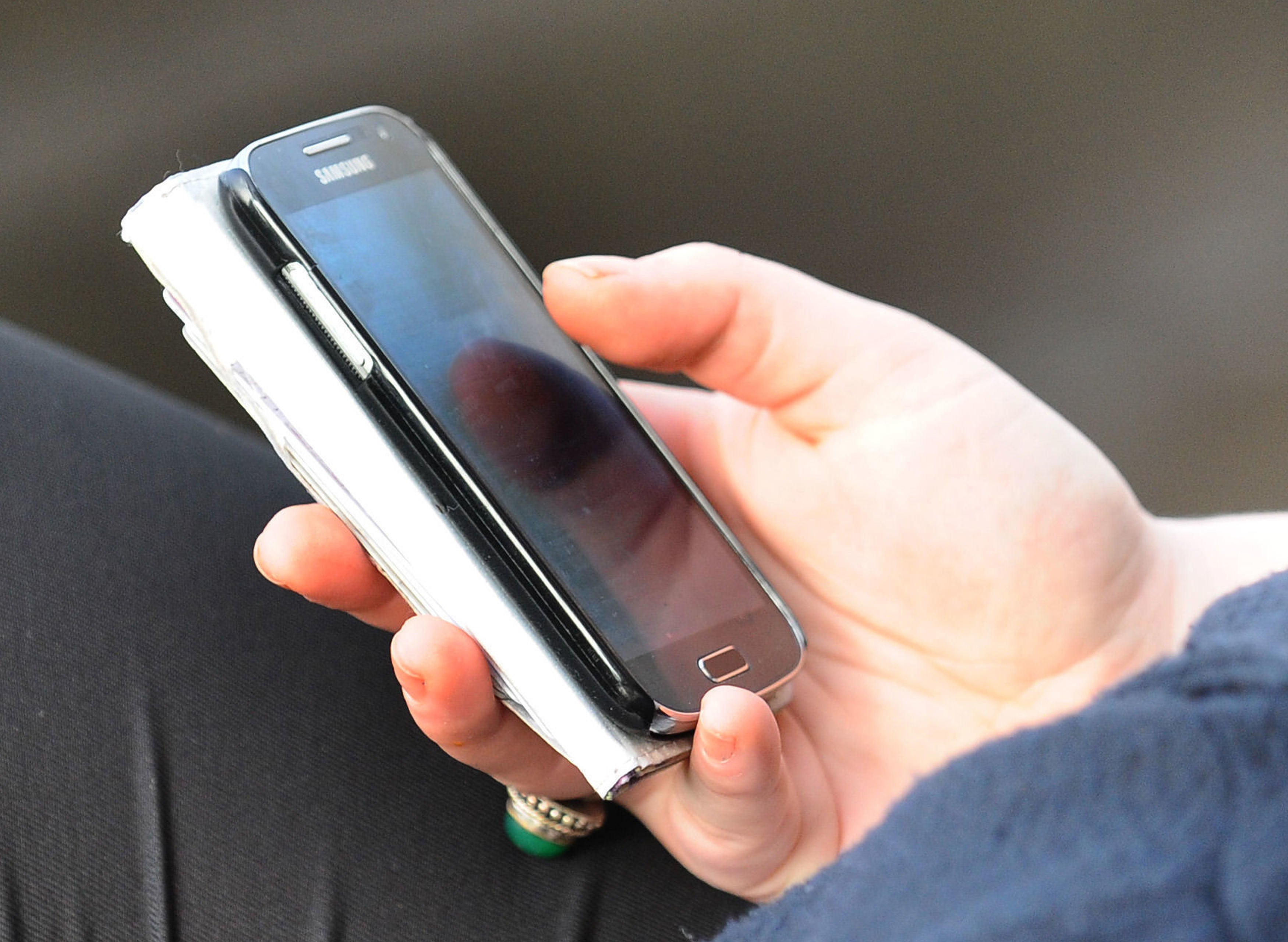New ‘159’ scams hotline to protect consumers from rising bank payment fraud
Payment fraud hit a record £355m last year

An emergency hotline to combat bank scams is to be trialled to tackle rising levels of fraud, it is reported.
The telephone service will allow consumers to check whether contact from their bank, HM Revenue & Customs or a delivery company is genuine or a scam.
Using the number 159, it will be run by an industry body called Stop Scams UK, which is supported by the Financial Conduct Authority and Ofcom, The Times reported.
Banks hope that the move will stop hundreds of millions of pounds passing from customers to scammers each year, which in turn costs banks tens of millions of pounds a year in refunds.
The idea has been in the pipeline since 2016 when Theresa May was still home secretary.
Banks have come under pressure to reduce the £355m lost to payment fraud in 2020, of which less than half was refunded even by those banks signed up to the industry’s refund code.
Ruth Evans, chair of Stop Scams UK, told TheTimes: “Fraud is cruel, it wrecks lives, and we’re determined to help people fight it.”
The article was amended on 6 October 2021. It previously incorrectly stated that Stop Scams UK was funded by the FCA and Ofcom.
Join our commenting forum
Join thought-provoking conversations, follow other Independent readers and see their replies
Comments
Bookmark popover
Removed from bookmarks